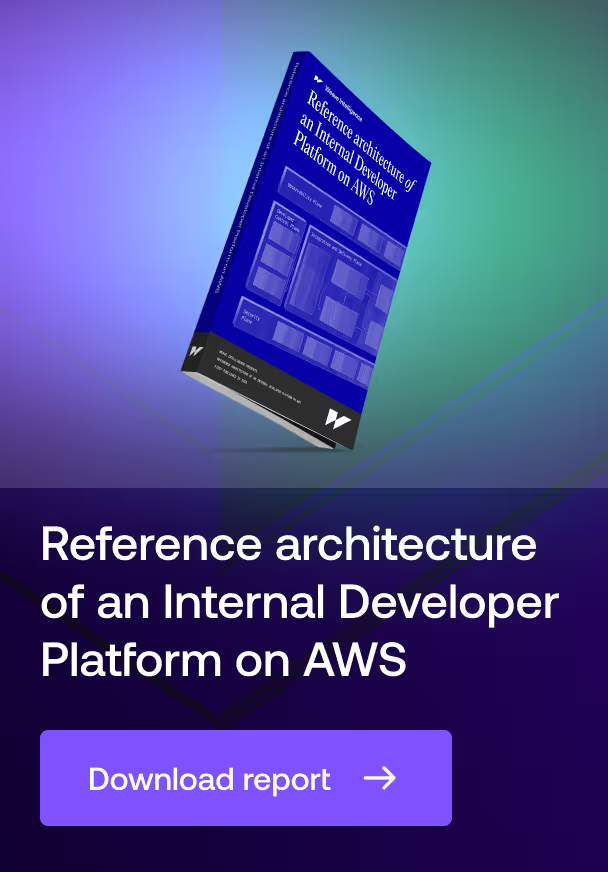
GitHub
Profile
GitHub is a proprietary software development platform that provides distributed version control and collaborative development capabilities built on Git. As a comprehensive development environment, it combines source code hosting, collaboration tools, and development workflow automation. The platform serves as both a central repository for open-source projects and an enterprise-grade solution for private development. Its core value proposition lies in streamlining collaborative software development through integrated version control, project management, and automated workflows while maintaining security and scalability for organizations of all sizes.
Focus
GitHub addresses fundamental challenges in collaborative software development by providing a structured approach to version control, code review, and project management. The platform eliminates traditional friction points in multi-contributor development by maintaining complete code history, managing concurrent changes, and preventing conflicts through its distributed version control architecture. It serves development teams of all sizes, from individual contributors to large enterprises, by providing consistent workflows for code management, automated testing, and deployment processes. The platform's enduring value comes from its ability to standardize development practices while maintaining flexibility for diverse workflows.
Background
Founded in 2008 as a Git hosting service, GitHub evolved from a simple repository host to a comprehensive development platform. The platform gained prominence through its adoption by major open-source projects, including Linux, TensorFlow, and Windows Terminal. Microsoft acquired GitHub for $7.5 billion in 2018, maintaining its operational independence while integrating it into Microsoft's broader developer tools ecosystem. The platform operates under a proprietary license model, with Microsoft providing ongoing development and maintenance while preserving GitHub's platform-neutral approach to supporting diverse development technologies.
Main features
Distributed version control and collaboration system
GitHub's core version control system extends Git's distributed architecture with additional collaboration features. The platform implements a commit-pull-push workflow that enables concurrent development across distributed teams while maintaining code integrity. The system maintains complete historical records of all changes, enabling developers to track modifications, review previous versions, and merge changes without conflicts. This architecture supports branching strategies for feature development, continuous integration, and release management while providing mechanisms for code review and approval workflows.
Integrated project management and workflow automation
The platform provides comprehensive project management capabilities tightly integrated with development workflows. Teams can create customized project boards with automated status tracking, milestone management, and issue tracking directly linked to code changes. The system supports multiple project methodologies through customizable workflows, automated status updates based on code activities, and configurable approval processes. This integration eliminates the traditional separation between project management and development tools, enabling automated tracking of work from planning through deployment.
Enterprise security and compliance framework
GitHub implements a robust security and compliance framework designed for enterprise requirements. The system provides granular access controls, audit logging, and security scanning capabilities integrated into the development workflow. Organizations can enforce security policies through protected branches, required reviews, and automated security checks. The framework includes advanced features for dependency vulnerability scanning, secret detection, and compliance reporting, enabling organizations to maintain security standards while supporting collaborative development at scale.




